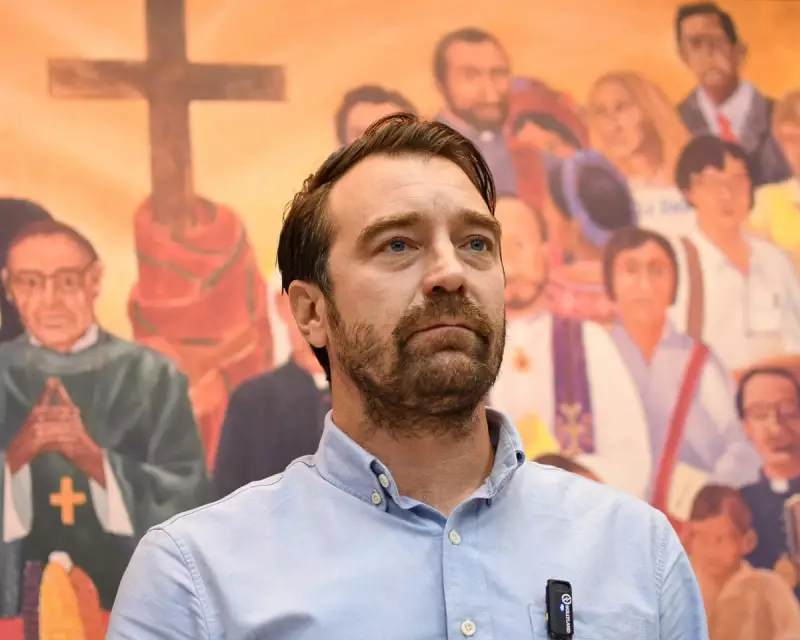
El Salvador's President Nayib Bukele is under fire after introducing a contentious new law that critics argue undermines fundamental human rights. The legislation, which grants sweeping powers to the government, has raised alarms among activists and international observers.
Growing Concerns Over Civil Liberties
Human rights organisations have condemned the law, warning that it could be used to suppress dissent and erode democratic freedoms. The legislation includes provisions that allow for extended detention without trial and increased surveillance measures.
International Response
Global human rights watchdogs have expressed deep concern, with some comparing the situation to authoritarian regimes. The United Nations has called for an immediate review of the law, emphasising the need to protect civil liberties.
Government's Defence
President Bukele's administration maintains that the law is necessary to combat crime and ensure national security. Officials argue that the measures are temporary and will be lifted once stability is restored.
However, opposition leaders and legal experts remain sceptical, questioning the timing and scope of the legislation. As tensions escalate, many fear that El Salvador may be heading towards a constitutional crisis.






